
 |
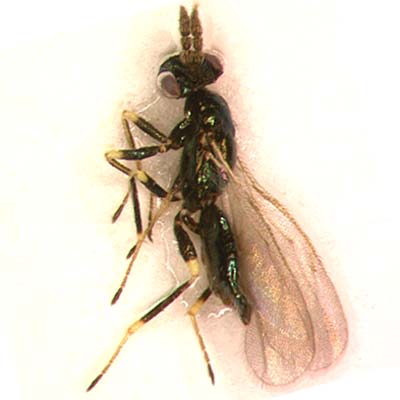 |
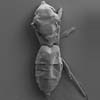 |
||||
 |
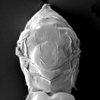 |
|||||
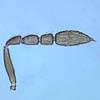 |
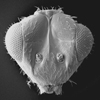 |
|||||
 |
||||||
Classification
Superfamily : Chalcidoidea
Family : Eulophidae
Subfamily :
Eulophinae
Tribe : Cirrospilini
Forewing without bare area at base of wing disc (speculum).
Cubital vein strongly curved anteriorly at base.
Males without yellow spot dorsally at the base of the gaster.

Diagnosis
Distribution
Widely distributed throughout the Holarctic Region; also known from Africa, Middle East, Orient and into Southeast Asia, Australia.
Hosts
This is a highly polyphagous species, which attacks mainly agromyzids but will more rarely attack other hosts. Noyes (2002; 2003) lists almost 40 different agromyzid hosts, as well as a Tephritidae, and Lepidoptera in the families Gracillariidae, Lyonetiidae, and Nepticulidae.
Biology
Like other Diglyphus, D. isaea is an external parasitoid of mainly agromyzid leafminers.